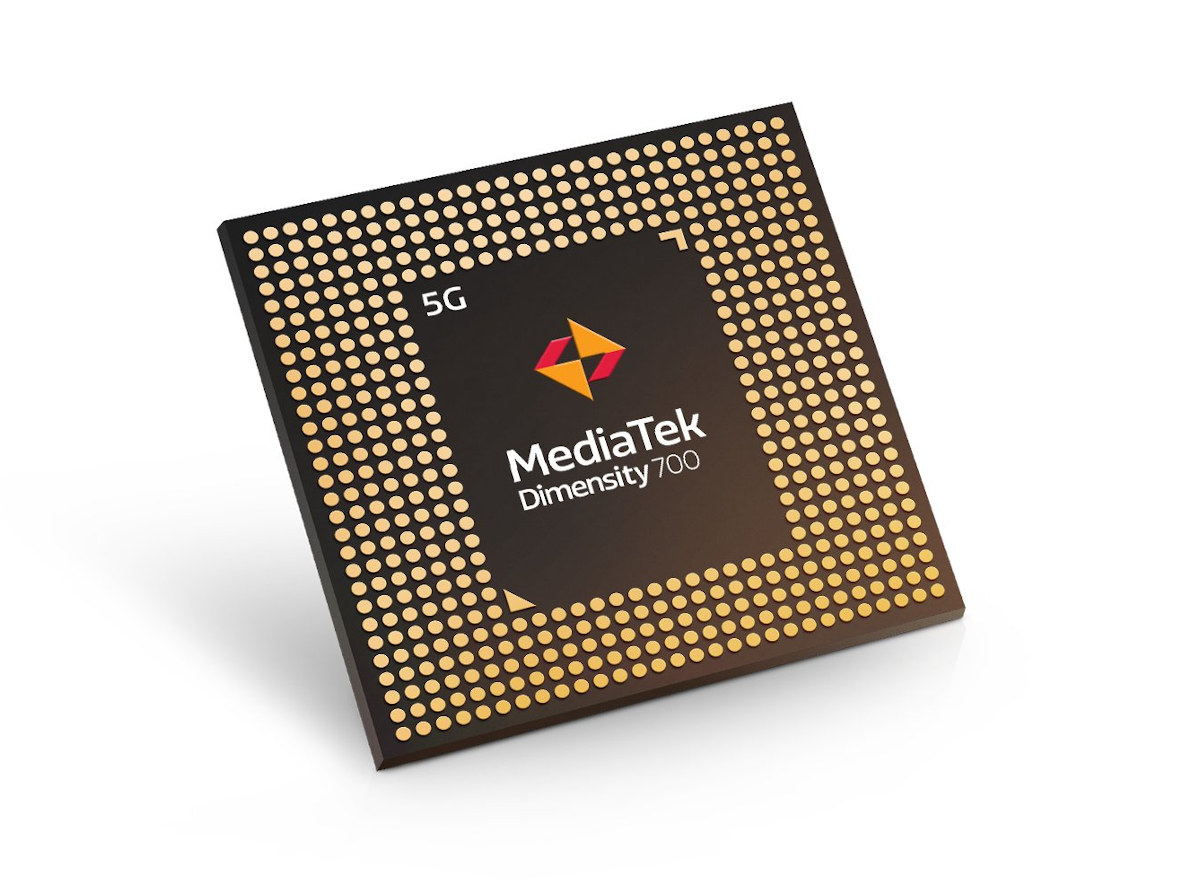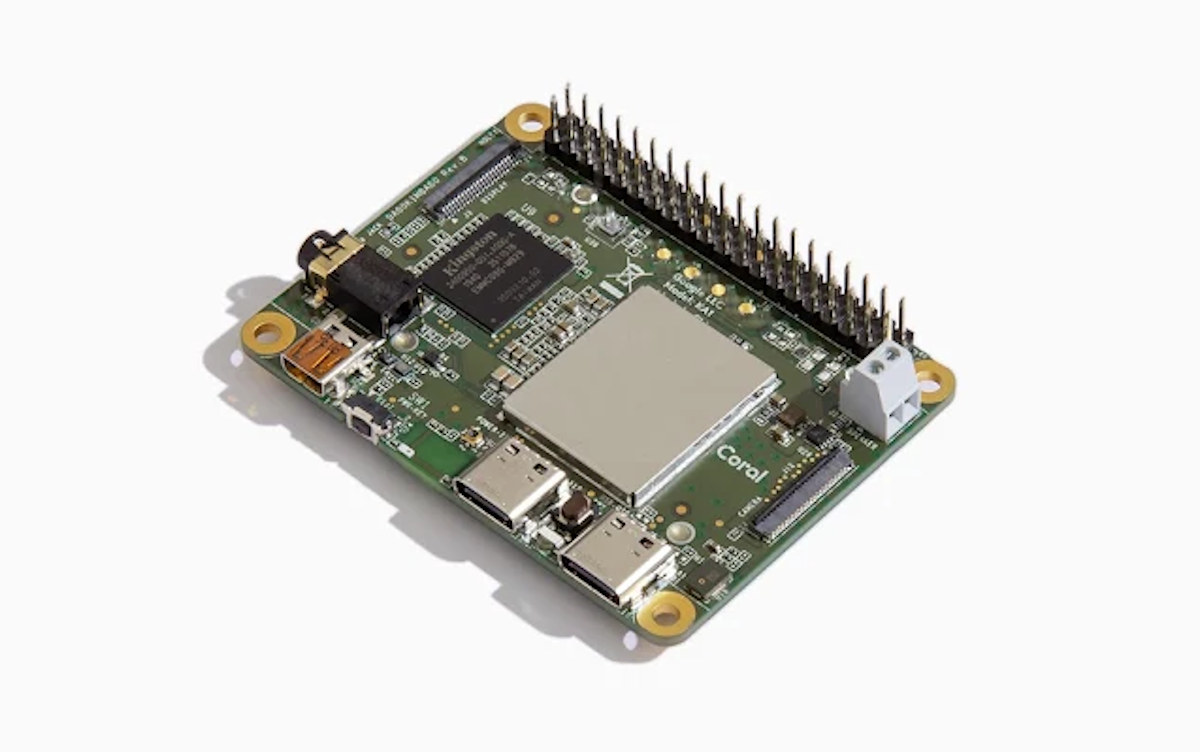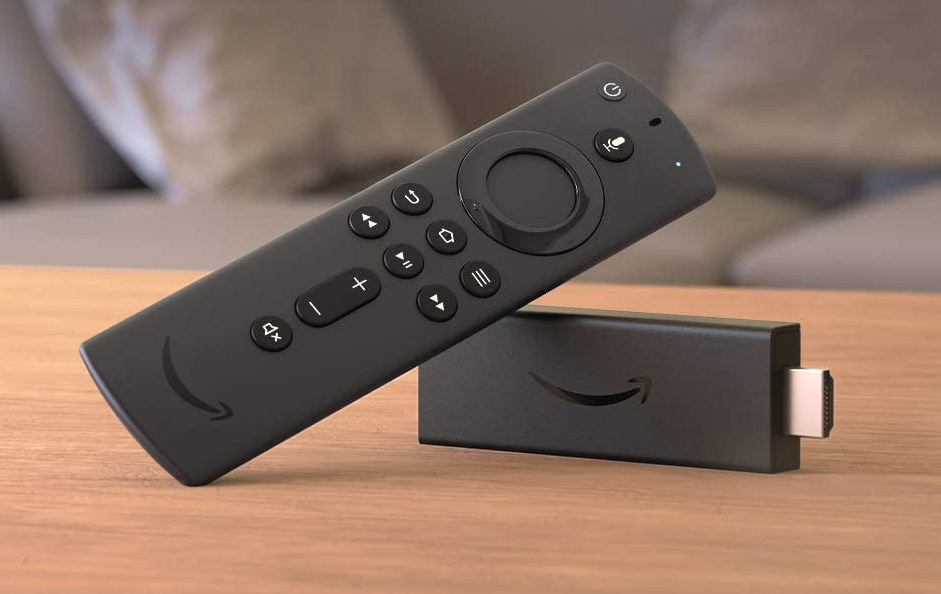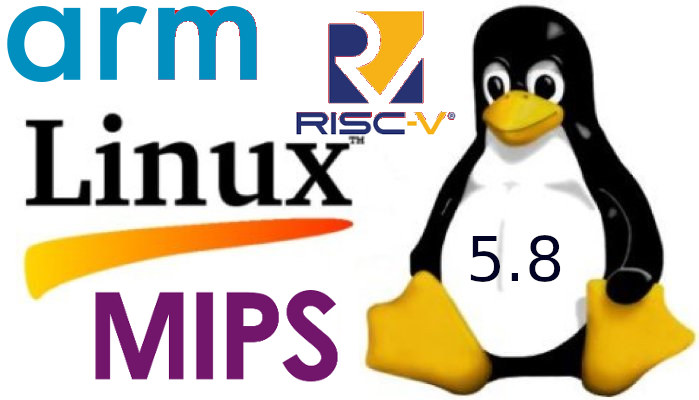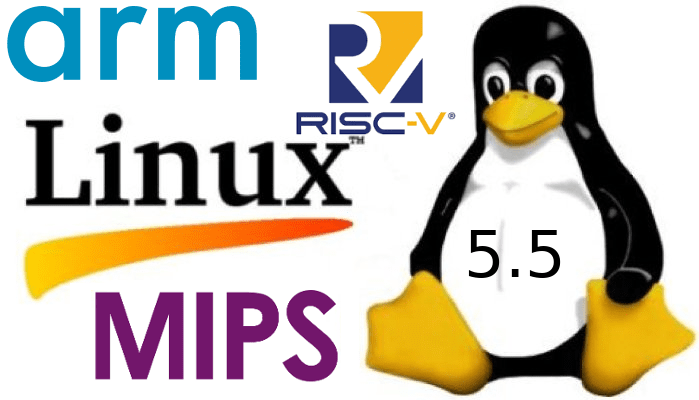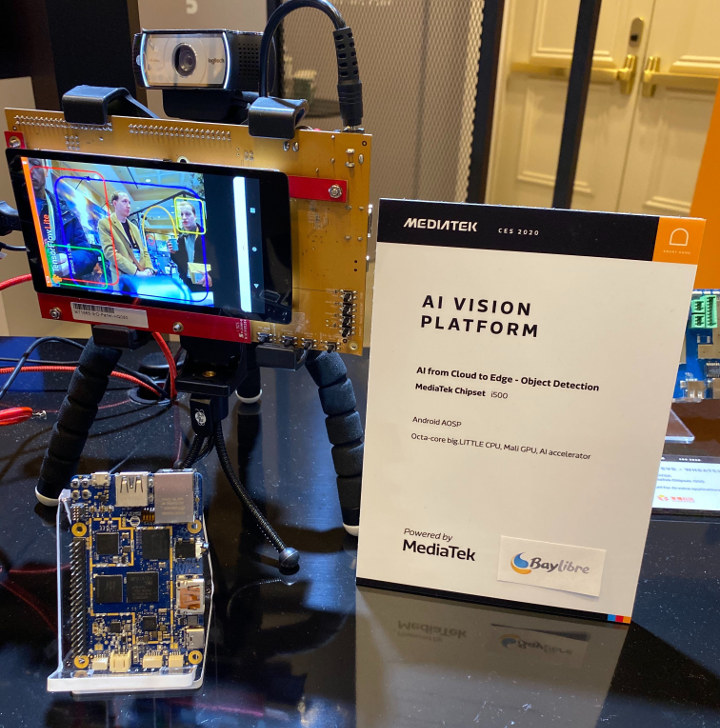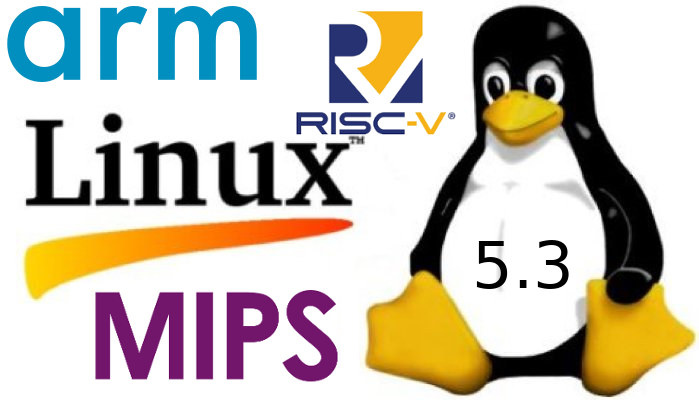MediaTek announced three new 6nm and 7nm processors yesterday with Dimensity 700 5G processor for mainstream 5G mobile phones, and MT8192 & MT8195 SoCs for Chromebooks. MediaTek Dimensity 700 Key features and specifications with highlights showing differences against Dimensity 720: Octa-core Processor – 2x Arm Cortex-A76 @ up to 2.2 GHz, and 6x Arm Cortex-A55 @ up to 2GHz GPU – Arm Mali-G57 MC2 @ up to 950 MHz AI Accelerator – MediaTek APU System Memory – Up to 12GB LPDDR4x up to 2133MHz Storage – UFS 2.2 Display – Up to 2520 x 1080 resolution with 90Hz max refresh rate Camera ISP up to 16MP+16MP @ 30 fps dual camera, or 64MP @ 22 fps single camera Video Capture Resolution up to 3840 x 2160 Features – HDR-ISP, Multi-Frame NR, 3D Noise Reduction, Depth Engine, Warping Engine, AI-FD Video Encoding – H.264, H.265 / HEVC up to 2Kp30 Playback – […]
Google Coral Dev Board mini SBC is now available for $100
Google Coral SBC was the first development board with Google Edge TPU. The AI accelerator was combined with an NXP i.MX 8M quad-core Arm Cortex-A53 processor and 1GB RAM to provide an all-in-all AI edge computing platform. It launched for $175, and now still retails for $160 which may not be affordable to students and hobbyists. Google announced a new model called Coral Dev Board Mini last January, and the good news is that the board is now available for pre-order for just under $100 on Seeed Studio with shipping scheduled to start by the end of the month. Coral Dev Board Mini specifications haven’t changed much since the original announcement, but we know a few more details: SoC – MediaTek MT8167S quad-core Arm Cortex-A35 processor @ 1.3 GHz with Imagination PowerVR GE8300 GPU AI/ML accelerator – Google Edge TPU coprocessor with up to 4 TOPS as part of Coral […]
Amazon Fire TV Stick 3rd Gen is Powered by MediaTek MT8695D SoC
Amazon Fire TV Stick 4K powered by a MediaTek MT8695 quad-core SoC for launched for $50 about two years ago. The company has now introduced two cheaper variants with Amazon Fire TV Stick Lite and Fire TV Stick powered by a similar MediaTek MT8695D quad-core processor designed for 1080p (Full HD) HDR video playback. Both devices are basically the same for Amazon Fire TV Stick Lite goes for $29.99, and Amazon Fire TV Stick for $39.99 as the Lite version includes a cheaper Alexa Voice Remote Lite that lacks hardware buttons for controlling the volume and power on your TV and does not support Dolby Atmos (except via HDMI pass-through). New Amazon Fire TV Stick (Lite) specifications: SoC – MediaTek MT8695D quad-core Cortex-A53 processor @ 1.7 GHz with Imagination PowerVR GE8300 GPU supporting OpenGL ES 3.2 System Memory – 1GB DDR4 Storage – 8GB eMMC flash Video Output – HDMI […]
Linux 5.8 Release – Main Changes, Arm, MIPS, and RISC-V Architectures
Linus Torvalds has just released Linux 5.8: So I considered making an rc8 all the way to the last minute, but decided it’s not just worth waiting another week when there aren’t any big looming worries around. Because despite the merge window having been very large, there really hasn’t been anything scary going on in the release candidates. Yeah, we had some annoying noise with header file dependencies this week, but that’s not a new annoyance, and it’s also not the kind of subtle bug that keeps me up at night worrying about it. It did reinforce how nice it would be if we had some kind of tooling support to break nasty header file dependencies automatically, but if wishes were horses.. Maybe some day we’ll have some kind of SAT-solver for symbol dependencies that can handle all our different architectures and configurations, but right now it’s just a manual […]
Linux 5.5 Release – Main Changes, Arm, MIPS and RISC-V Architectures
Linux 5.5 has just been released by Linus Torvalds: So this last week was pretty quiet, and while we had a late network update with some (mainly iwl wireless) network driver and netfilter module loading fixes, David didn’t think that warranted another -rc. And outside of that, it’s really been very quiet indeed – there’s a panfrost driver update too, but again it didn’t really seem to make sense to delay the final release by another week. Outside of those, it’s all really tiny, even if some of those tiny changes touched some core files. So despite the slight worry that the holidays might have affected the schedule, 5.5 ended up with the regular rc cadence and is out now. That means that the merge window for 5.6 will open tomorrow, and I already have a couple of pull requests pending. The timing for this next merge window isn’t optimal […]
MediaTek Rich IoT SDK v20.0 Released, Pumpkin i500 SBC Announced
MediaTek Rich IoT SDK v20.0 is Available MediaTek has announced its Rich IoT SDK v20.0 is already available for the i300 and i500 chipset series. The SDK was developed in collaboration with BayLibre, the French developer of Linux and Android embedded systems software, which is also known for helping mainlining Amlogic processors to Linux. The i300A, i300B, and i500 hardware platforms are supported and the features are focused on IoT and the emerging generation of smart devices. Supported OS’es and Test Applications The Rich IoT SDK v20.0 supports Yocto 3.0 Linux and Android 10 to let third-party customers and members of the MediaTek Ecosystem test Computer Vision algorithms, AI models and custom software on top of the base layer. Updates and Maintenance The SDK is receiving updates quarterly, with security updates and patches being delivered over-the-air (OTA) on a regular basis. The chipset series has a timeline for updates to […]
Google Coral mPCIe and M.2 Cards for Sale, New Coral Dev Board Mini and Modules Coming in 2020
Google introduced Coral development board and USB accelerator with Google Edge TPU last year. The development board was comprised of a baseboard and Coral system-on-module with an NXP i.MX 8M quad-core Arm Cortex-A53 processor and the Edge TPU. Since then ASUS announced Tinker Edge T and CR1S-CM-A SBC based on the Coral module, and yesterday, I noticed Seeed Studio started selling mPCIe and M.2 AI accelerator card with Google Edge TPU, while today, Google announced upcoming Coral products for 2020. Coral Mini PCIe and M.2 Accelerators Coral Mini PCIe card specifications: Half-mini PCIe card with PCIe Gen2 x1 Supply voltage – 3.3VDC +/- 10 % Dimensions – 30.00 x 26.80 x 2.55 mm Weight – 3.6 g Temperature Range – Storage: -40 ~ 85°C; operating: -20 ~ 70°C Relative humidity – 0 ~ 100% (non-condensing) Op-shock – 100 G, 11ms (persistent); 1000 G, 0.5 ms (stress); 1000 G, 1.0 ms […]
Linux 5.3 Release – Main Changes, Arm, MIPS & RISC-V Architectures
Linus Torvalds has just announced the release of Linux 5.3: So we’ve had a fairly quiet last week, but I think it was good that we ended up having that extra week and the final rc8. Even if the reason for that extra week was my travel schedule rather than any pending issues, we ended up having a few good fixes come in, including some for some bad btrfs behavior. Yeah, there’s some unnecessary noise in there too (like the speling fixes), but we also had several last-minute reverts for things that caused issues. One _particularly_ last-minute revert is the top-most commit (ignoring the version change itself) done just before the release, and while it’s very annoying, it’s perhaps also instructive. What’s instructive about it is that I reverted a commit that wasn’t actually buggy. In fact, it was doing exactly what it set out to do, and did it […]


